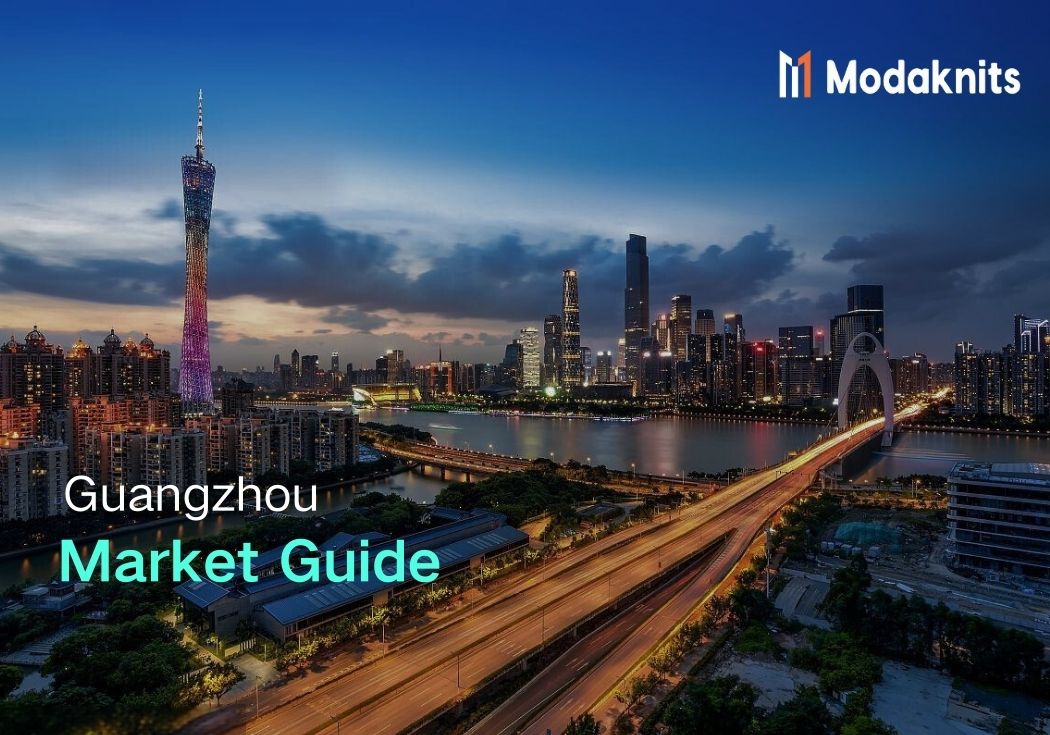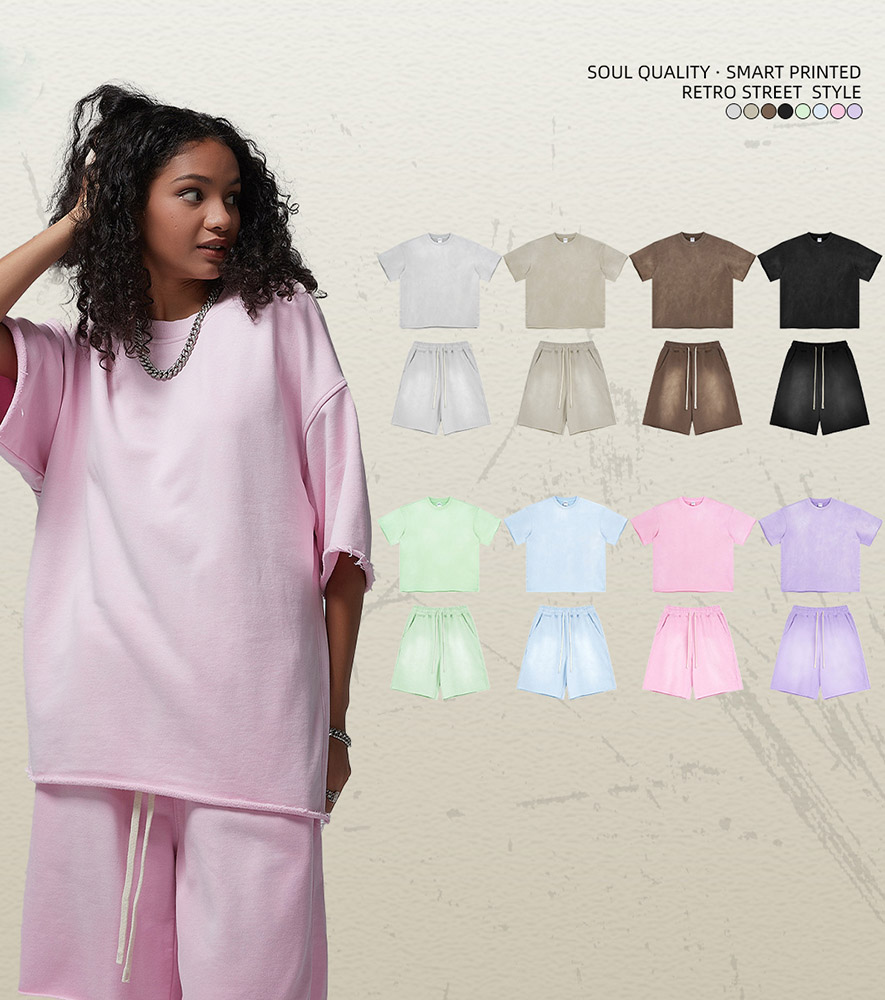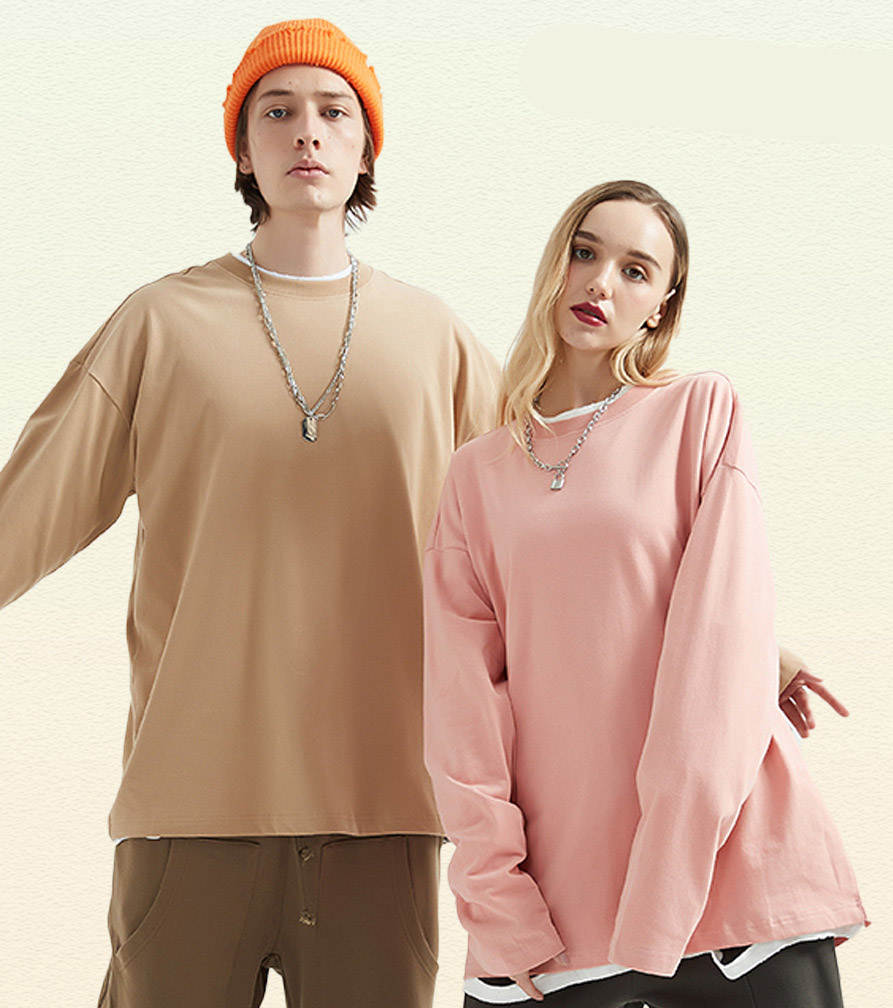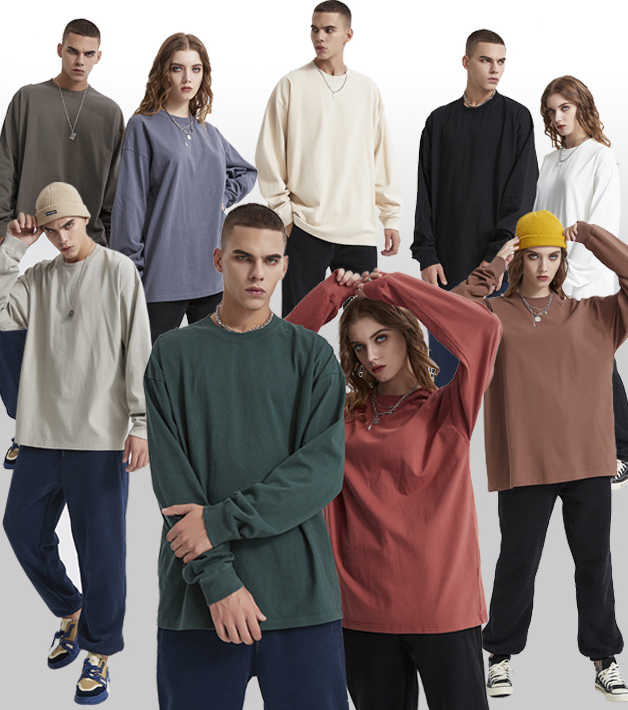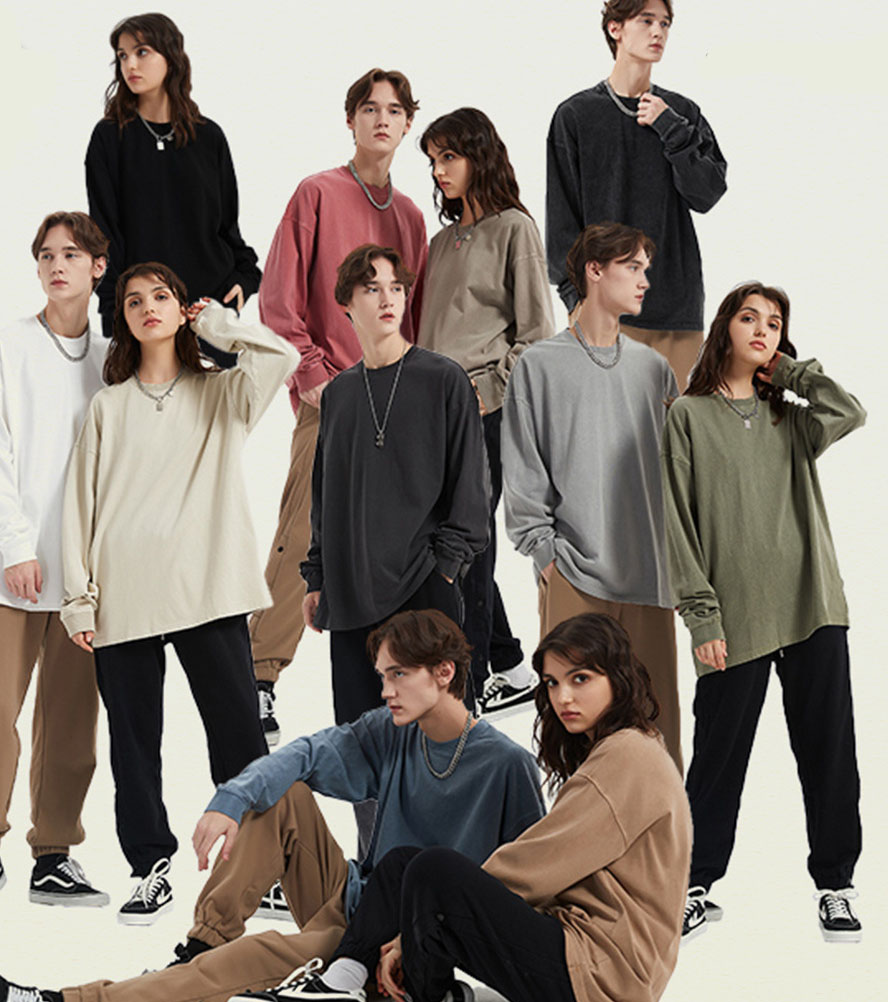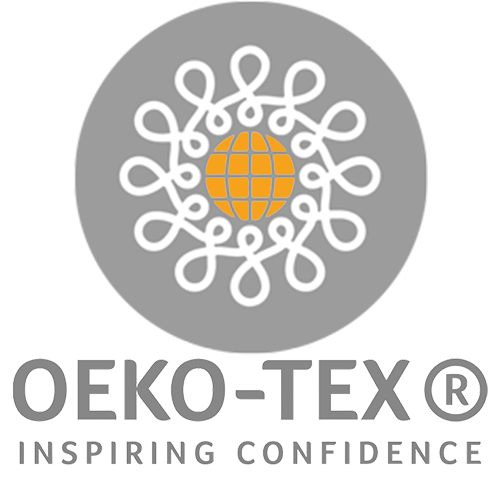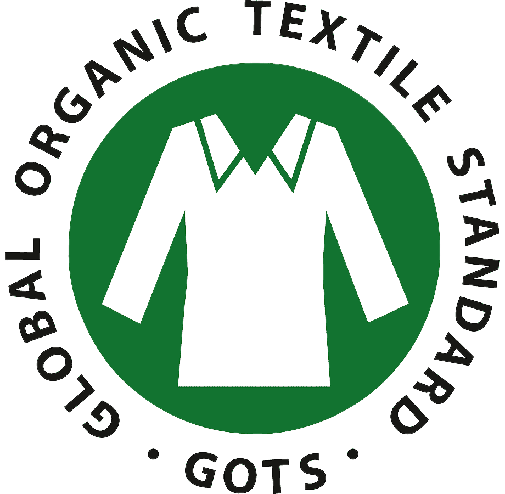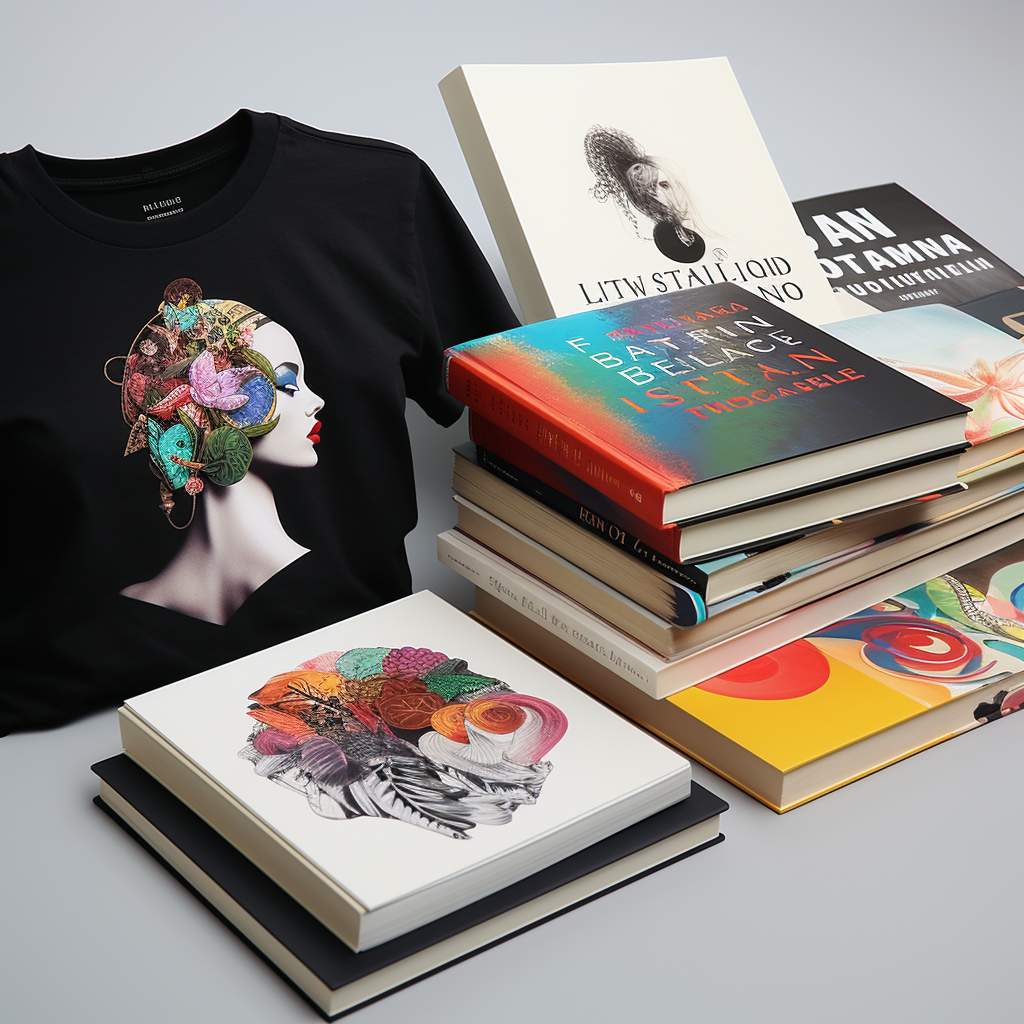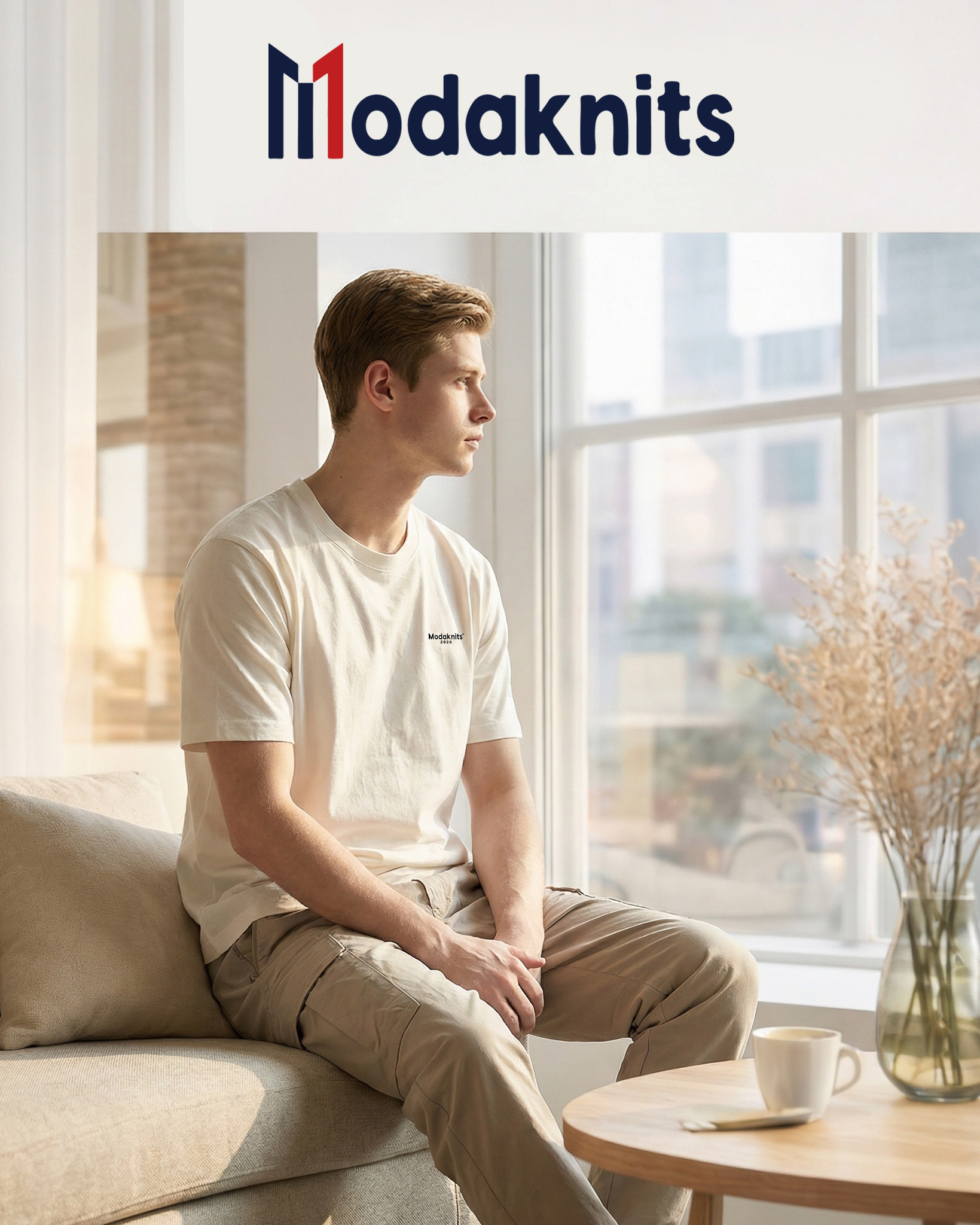Starting a t-shirt brand sounds simple until you face the reality: finding reliable manufacturers, navigating minimum order quantities, and ensuring consistent quality across batches can quickly become overwhelming. Many entrepreneurs abandon their vision when production hurdles turn their passion project into a logistical nightmare.
The difference between struggling brands and successful apparel lines often comes down to understanding the custom t-shirt manufacturing process1—fabric, printing, quality control, and production logistics.
Let’s explore the key factors that help turn your ideas into market-ready custom t-shirts, without the usual roadblocks.
What Defines a True Custom T-Shirt Manufacturer vs. Print Shops?
Not every t-shirt provider offers full-scale manufacturing—many are just print shops.
A real custom t-shirt manufacturer creates garments from scratch based on your design specs. A print shop only prints on pre-made blanks.
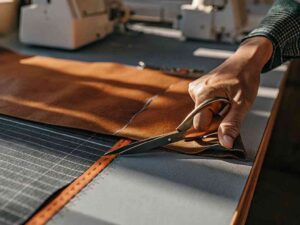
- True Manufacturers Offer:
- Fabric sourcing
- Pattern making
- Cutting and sewing
- Finishing and QC
- Print Shops Offer:
- Printing on blanks
- Limited customization
- Often smaller scale
If you want a signature fit, fabric, or construction style, go with a true manufacturer like Jinfeng Apparel.
What Types of T-Shirt Manufacturers Exist?
There’s no one-size-fits-all model—your best fit depends on your needs.
Manufacturers include full-package (FP), cut-and-sew, and print-on-demand (POD).
| Type | Best For | Includes |
|---|---|---|
| Full-Package | Brands seeking turnkey solutions | Design to shipping |
| Cut-and-Sew | Brands with their own materials or designs | Cutting and sewing |
| Print-on-Demand | Startups testing ideas without inventory risk | Print only, no deep customization |
At Jinfeng, we use the full-package model to help brands scale with consistent quality.
What Are the Best Manufacturing Locations for Custom T-Shirts?
Your manufacturer’s location affects price, logistics, and quality.
Domestic production offers speed; overseas production offers cost and expertise.
| Location | Benefits | Challenges |
|---|---|---|
| Domestic | Fast lead time, better communication | Higher production cost |
| Overseas | Lower costs, advanced manufacturing hubs | Time zones, language barriers |
Dongguan, China, where Jinfeng Apparel is based, offers full-package capabilities with globally competitive pricing.
What Certifications Should You Look For in a Manufacturer?
Certifications matter—especially when scaling or targeting ethical consumers.
Look for OEKO-TEX®, GOTS, WRAP, ISO 9001, and Fair Trade certifications.
- OEKO-TEX®: Safe textiles
- GOTS: Organic, ethical production
- WRAP: Labor and compliance verified
- ISO 9001: Strong quality management
- Fair Trade: Worker rights protected
Certifications prove your brand takes responsibility seriously.
What Should You Ask Before Choosing a Manufacturing Partner?
The right questions reveal who’s a reliable partner.
Ask about equipment, customization options, QC processes, past clients, and communication protocols.
Key Evaluation Areas
- Production Capabilities: Can they scale with you?
- Customization Flexibility: Full garment or just prints?
- Quality Control: What’s their defect rate? AQL?
- Client Portfolio: Do they work with brands like yours?
- Communication: Fast replies? English proficiency?
These checks separate reliable manufacturers from risky ones.
How Do MOQs and Costs Affect Brand Strategy?
Production economics are crucial to success.
Minimum order quantities2 (MOQs) affect cost, flexibility, and inventory risk.
Typical Cost Breakdown
| Component | Cost Share (%) |
|---|---|
| Materials | 30–40% |
| Labor | 20–30% |
| Printing | 15–25% |
| Packaging | 5–10% |
| Shipping | 10–20% |
Low vs High MOQ Options
- Low MOQ: Good for startups, higher unit cost
- High MOQ: Lower unit cost, inventory risk
Partner with a factory that can scale with you—like Jinfeng Apparel.
What Printing and Customization Techniques Should You Consider?
Your design needs determine the right production method.
Choose between screen printing, DTG, sublimation, embroidery, appliqué, and more.
| Technique | Best For |
|---|---|
| Screen Printing | Bold, simple, high-volume designs |
| DTG | Complex, photo-like graphics |
| Sublimation | All-over designs on polyester |
| Embroidery | Premium logos or small graphics |
| Appliqué | Textured, high-end elements |
Also consider:
- Custom Tags & Labels
- Eco Fabrics (Organic Cotton, Recycled Poly)
- Specialty Finishes (Metallic ink, distressing)
Conclusion
After 26 years in manufacturing, I’ve learned that the right production partner makes or breaks a t-shirt brand.
Whether you’re just launching or scaling up, success comes from understanding production, asking the right questions, and choosing a factory that cares about your growth.
Let’s build something exceptional together.
FAQ
Q1: What is a custom t-shirt manufacturer?
A: A company that produces shirts based on your specific designs, materials, and branding—far beyond basic printing on blanks.
Q2: How do I select the best custom t-shirt manufacturer?
A: Check their capabilities, past clients, communication, quality control, and ability to meet your MOQ and customization needs.
Q3: What are private label t-shirt production services?
A: Services that let you produce and brand t-shirts under your name without owning production facilities.
Q4: Are there t-shirt manufacturers in the USA offering low MOQs?
A: Yes, but they often cost more. Overseas factories like ours offer both flexible MOQs and better pricing.
Q5: What should I consider when designing custom t-shirts for my brand?
A: Know your audience, pick the right fabric, design for your brand aesthetic, and match it with a fitting production method.
Q6: How do custom clothing manufacturers differ from regular ones?
A: Custom manufacturers build products to your specs; regular ones mass-produce generic items.
Q7: What is the process of custom t-shirt manufacturing?
A: It includes design consultation, fabric selection, sampling, production, quality inspection, and shipping.
Q8: What are the benefits of using a custom t-shirt manufacturer for branding?
A: You get full control over product design, consistent quality, and a better customer experience—all aligned to your brand.
External Links
- Affix Apparel
- Seam Apparel
- PROTOTYPE
- The Clever Business
- Steve Apparel
- Zega Apparel
- Steve Apparel – T-Shirt Manufacturer
- Zega Apparel – Custom Clothing


